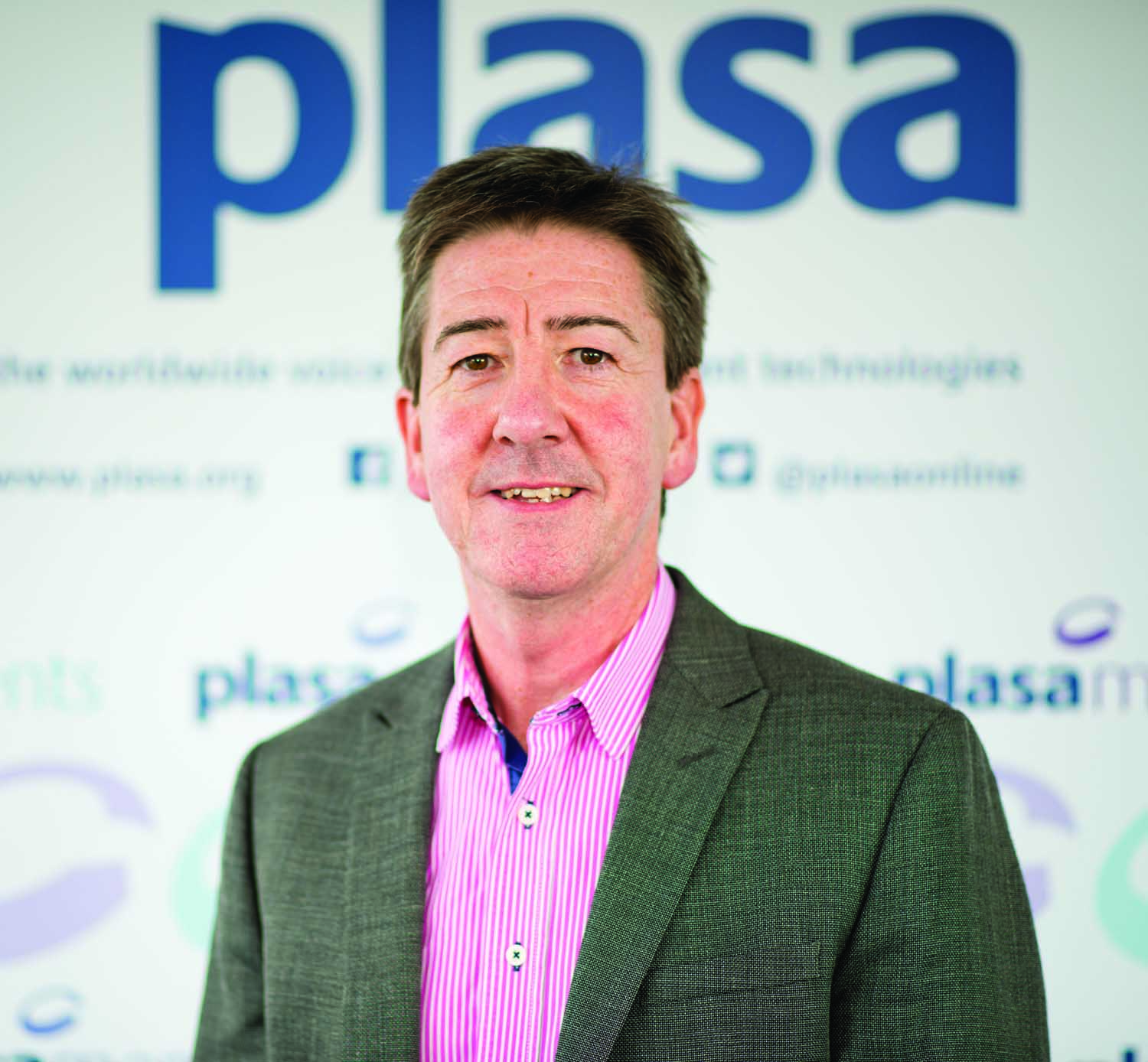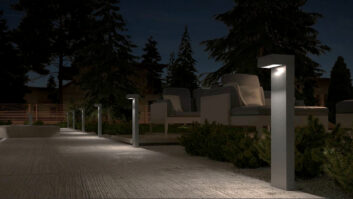
In our industry today, production values are at their highest ever – and in turn, so is audience expectation. People now expect shows to look, as well as sound, spectacular, and thanks to the quality of crews, technicians, and engineers within the business – as well as constant evolutions in audio and lighting technology – the days of poor live show experiences are well and truly behind us. However, if the recently proposed updates to the EU’s Ecodesign Regulations for lighting are to come to fruition, the entertainment business as we know it could be back to square one.
The Ecodesign regulations for lighting have always been focused on reducing the energy consumption of lighting. Because of its specialist nature, stage lighting was exempt from these rules. However, in the latest version, due for implementation in 2020, not only have the energy efficiency standards been tightened up, but stage lighting has been brought under the rules. The result would be that most of the light sources used for entertainment lighting – tungsten, arc and even the newest LED fixtures – would not meet the regulations.
“Most of the light sources used for entertainment lighting would not meet the regulations… this would be a disaster”
This would be a disaster for shows, productions and venues of all types across the EU. Not only would it affect new productions and new venues, with potentially no fixtures available, but it would dramatically impact existing productions and venues as well. Since no new light bulbs would be available for existing tungsten fixtures, these would effectively become scrap. The cost of replacing these fixtures could be financially devastating to venues, especially as it would likely also mean replacing the connecting dimming and control infrastructure.
Laws of physics
According to lighting manufacturer ETC’s Adam Bennette, there are even aspects of the proposed legislation which would be scientifically impossible for manufactures to achieve – even LEDs could never meet the proposed efficiency limits when it comes to spotlight design and colour mixing.
“Quite simply, professional entertainment lighting cannot comply with this regulation without altering the laws of physics,” Bennette states. “It feels like this is a simple mistake; let’s hope that is the case, and that we can work together to correct it.”
It’s a sentiment echoed by PLASA’s chairman, and a director of Stage Electrics, Adam Blaxill: “In drafting these new regulations, the EU has clearly not considered the impact it will have on the entertainment industry. Venues, rental companies, and sales operations all have significant sums invested in lighting inventory, which will be devalued by these proposed regulations – the financial impact on the entertainment industry is potentially huge.”
Make a difference
It’s a serious issue, to say the least – but what is the best way to try and tackle this head-on, and make a genuine difference? Look at the issues the audio industry has had (and is still having) with spectrum bandwidth being taken away, for example. It’s ongoing, and concerning. And this sounds similar.
Working together with all the industry bodies is one way to raise awareness, to collaborate and share resources, and the more public, the better. This is already going on; the Association of Lighting Designers has been extremely proactive in communicating with us and other trade bodies. The next step is to join forces as an industry, and present a solid response to the European Commission before their deadline of 7 May 2018. Every individual response will add more weight.
PLASA is encouraging the industry to join it in responding directly to the European Commission, ahead of the deadline of 7 May 2018. For guidance on how to respond, and to find out more information on the proposed changes, please visit the PLASA website.







